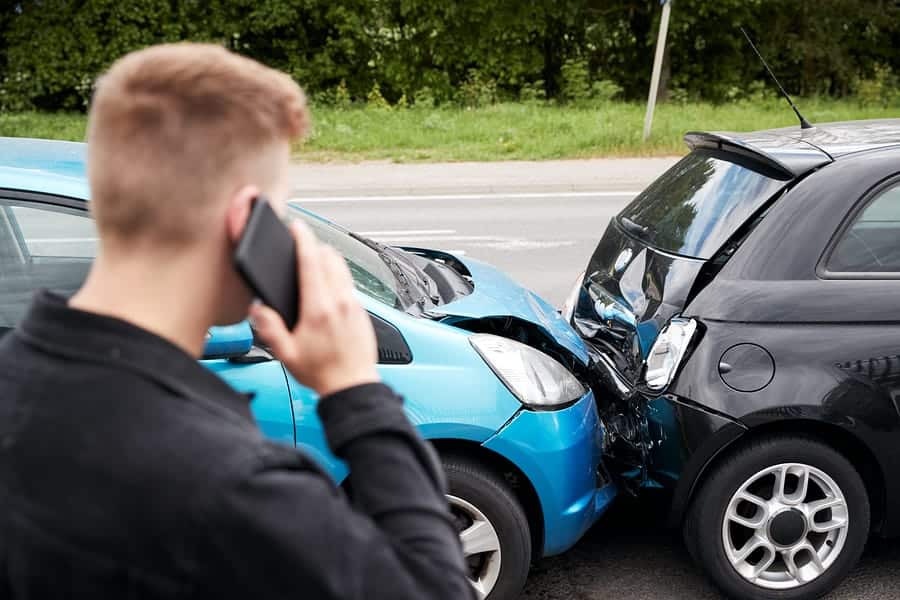
No one wants to have a crash. But as the saying goes accidents do happen. And the more you’re out on the road, the more likely it is that you’ll either make an error of judgement, or perhaps be on the receiving end of someone else’s.
If you are involved in a crash the number one rule is to stay calm and cool. It’s a high pressure situation where people are likely to be shocked, scared and even a little angry. However, with some preparation and fore-knowledge it’s possible to make this bad situation more than bearable. Consider the following information:
Table of contents:
- Immediate Actions after an Accident
- When to Notify the Police
- Exchanging Details
- Information to Take Down
- Making a Claim
- Crash for Cash
- And Finally
Immediate Actions after an Accident
If you’ve been hit, then bring the car to a safe stop. It’s better to pull the car off the road if possible, so that you’re not impeding the travel of other traffic. Put the handbrake on, and use your hazard lights. Take a deep breath, and make sure you remove your keys from the ignition.
It is a criminal offense not to stop your car and you could face criminal charges for a so called hit and run collision. Check your passengers for any injuries or scrapes – and if necessary call an ambulance. If you cannot get your car out of the road for any reason, then make sure you call the police – as they’ll deal with any wreckage, and help make the road safe for other users.
Finally do not admit any liability, responsibility or even apologise for the accident. You’ll want to be sure of what happened before taking ownership of any liability – otherwise you could find yourself being falsely accused of being at fault.
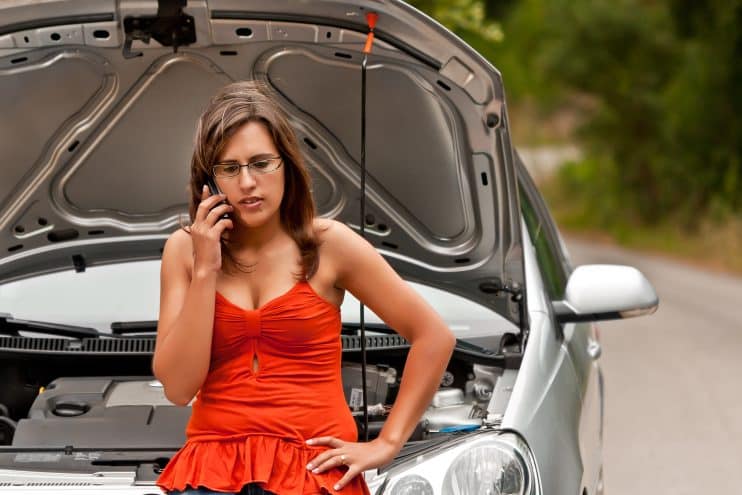
When to Notify the Police
Tell the police about the accident, if you have any problems with the other driver. This could include believing that the other driver caused the accident deliberately, that they are under the influence of drink or drugs, or they have left the scene of the accident without giving details or stopping.
You must inform the police of the accident within 24 hours of the incident or you may be subject to a fine, penalty points on your license or even complete disqualification from driving. In the worst cases the courts are allowed to award a custodial sentence.
Exchanging Details
Getting the details of the other driver is the next vital step, after you’ve dealt with your vehicle, and checked that no one is hurt. Make sure you record the following information:
Name and address – must be given to everyone who was involved in the accident by law, if damage or injury occurred.
Swap insurance details – with any other drivers involved. They should also be happy to furnish you with their insurance details.
Make sure you get the owner details – it may be the case that the other driver doesn’t own the car. It could be a hire-car or even a company car. Make sure you come away with details appertaining to the registered owner.
Foreign haulage – might have different numbers on the lorry and the trailer. Get all the details, including the company name.
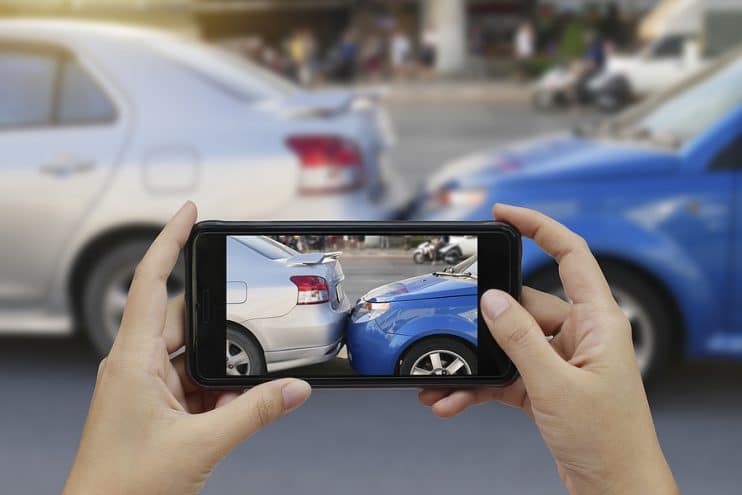
Information to Take Down
Once you have exchanged the required information with any other parties involved in the accident, your insurance company will want you to note the following details. Use your phone to take photos, and either write notes, or you can use the voice recorder to take verbal memos to save time:
All details about the vehicles involved – including the colour, make, model, and number plates – and better still, if possible take pictures on your phone.
The exact date, time and location of the crash – these might sound obvious, but with shock and emotional upset, it’s actually quite easy to forget these simple details.
The road conditions – what kind of weather were you experiencing? What is the road surface like? Are there any markings or signs missing? Is the road damaged or in need of repair?
What damage was caused to the vehicles – record all the damage to your vehicle and any others involved in the accident. Write down an overview of the problem, and use your phone to take pictures.
And any injuries – as with the vehicles, you’ll want to take note of all injuries and personal damage caused by the accident.
Details of witnesses and bystanders – who can corroborate your version of events under questioning from the insurance auditors or the police.
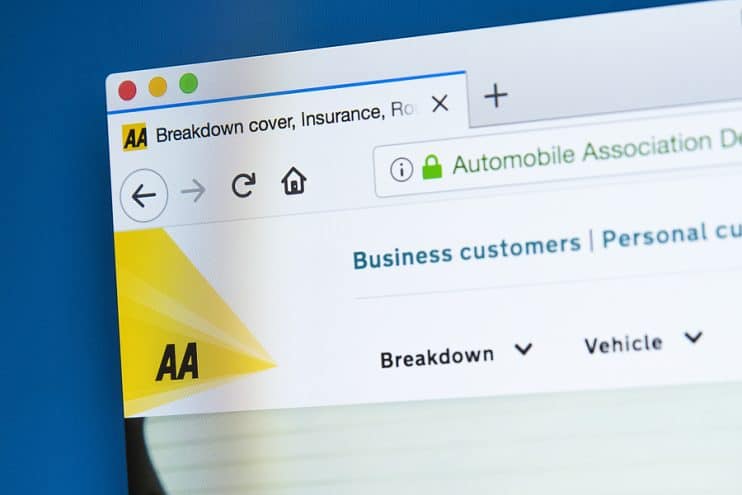
Making a Claim
You should call up your insurance company after the incident regardless of whether you want to make a claim or not, as the other driver may try to claim against you. You’ll need to furnish the insurance company with these details:
Your policy number and any unique reference information – helping your insurance company find your file as quickly and easily as possible.
Registrations of all cars involved – together with all other details of the driver, such as address, phone number and their name.
Even if the crash is not your fault you may decide not to go ahead with an insurance claim. It may be that you want to protect your no claims, or if the damage is minor, such as a replacement tail-light or wing mirror, then it may be under your excess, making a claim uneconomical and impractical.
Crash for Cash
There have also been spates of so called crash for cash incidents on the road, where drivers may back up into you and claim you crashed into them – or could be driving erratically on the road. For this reason, many drivers now have in car cameras to record any strange behaviour. If however you don’t have a camera, then be sure to record all the details and if you think something has happened deliberately – such as the removal of brake light bulbs causing you to rear end another vehicle – then be sure to call the police.
And Finally
Remember that you’re still legally obliged to inform others about crashes and accidents, even if they’re not around at the moment of the incident. Knock a parked car and you should leave a note. Damage someone’s property and you can place a quick letter giving your details through the door. Failing to do so and getting caught on camera, or by a witness, could land you in some serious legal hot water, when the police do catch up with you.







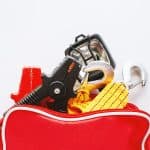
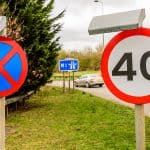
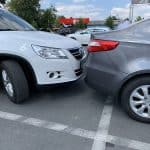
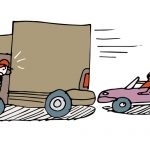
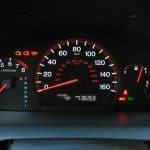

.png)